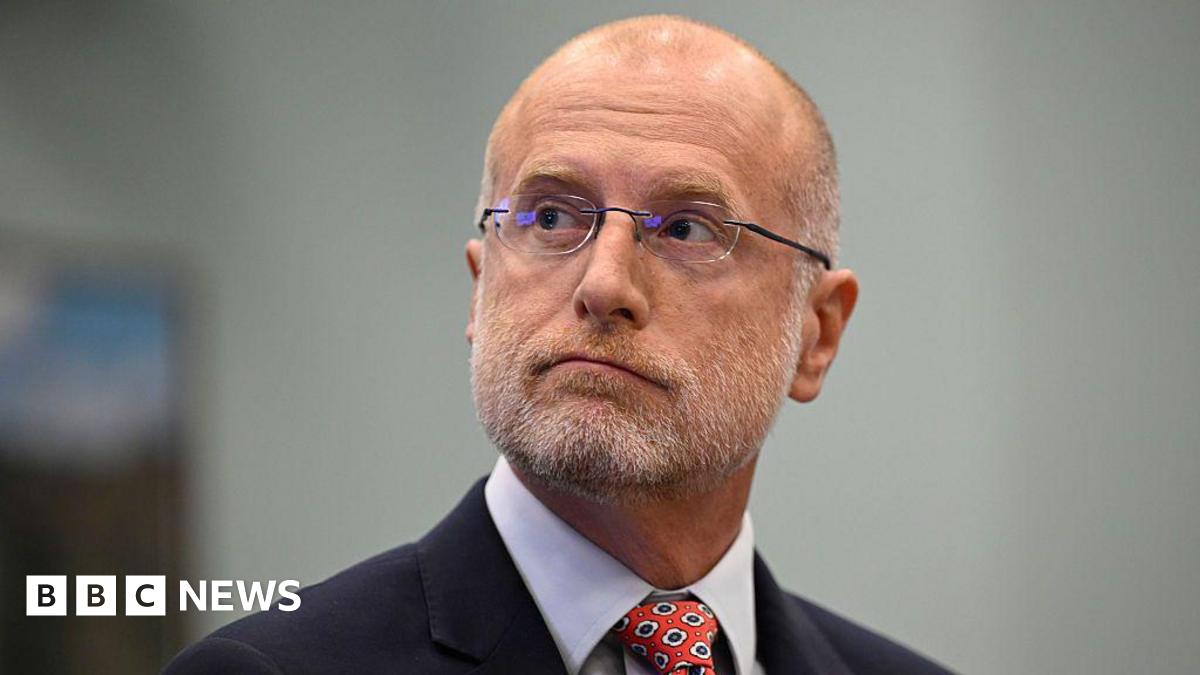At the centre of the administration’s fight is Brendan Carr, the 46-year-old chairman of the Federal Communications Commission – the country’s broadcast media watchdog – once hailed by President Donald Trump as a “warrior for free speech”.
The commission regulates radio, TV and satellite airwaves, giving it power over a range of matters, including mergers and decency complaints.
Even before officially assuming his post in January, Carr, a longtime member of the commission, started putting companies on notice that he would be taking an expansive view of his power, with an eye to policing content in unusual ways.
He sent letters to big tech companies, including Apple and Google, demanding information on how they rank news stories and accusing them of participating in a “censorship cartel” – taking on a sector not traditionally within the FCC’s orbit.
It’s an approach that is broadly in line with the White House.
Kimmel’s suspension came after he implied the suspect accused of shooting Charlie Kirk was a conservative, even after Utah officials had said the alleged gunman was “indoctrinated with leftist ideology”.
Carr, in an interview with influential conservative podcaster Benny Johnson, threatened to take action against media companies if they did not push back against Kimmel.
Within hours, Nexstar Media – which has a multi-billion merger pending FCC review – and Sinclair, which collectively own dozens of ABC affiliates across the country, suspended Kimmel’s programme.
Ultimately, ABC said the show would be “pre-empted indefinitely”.
